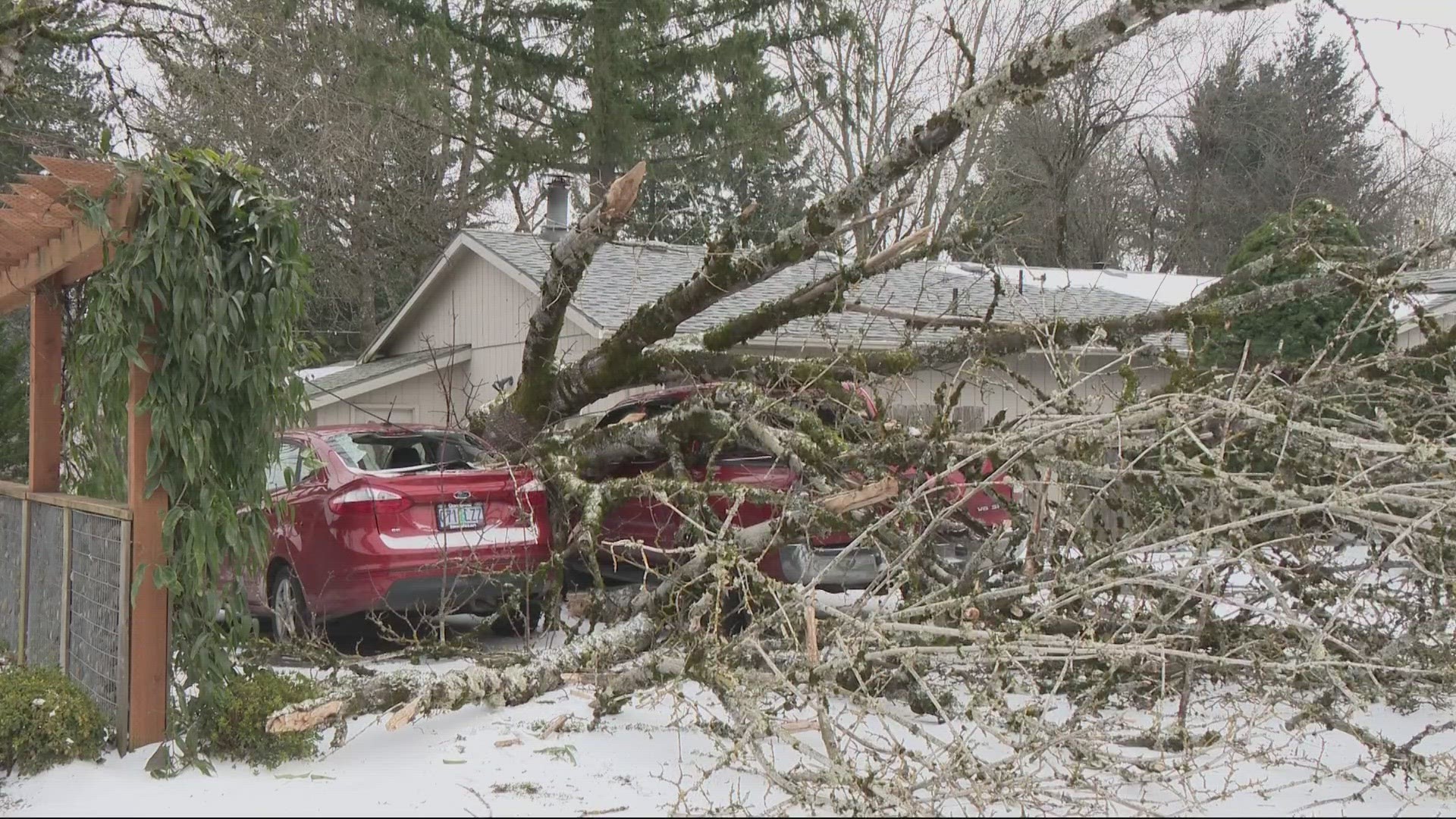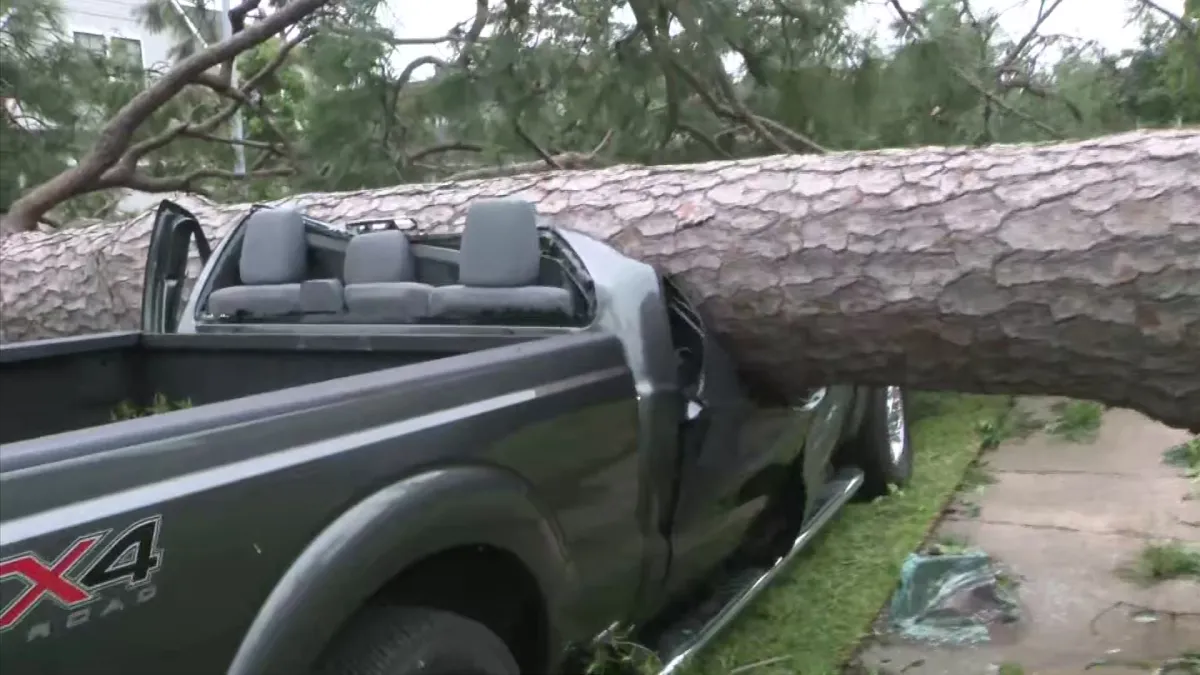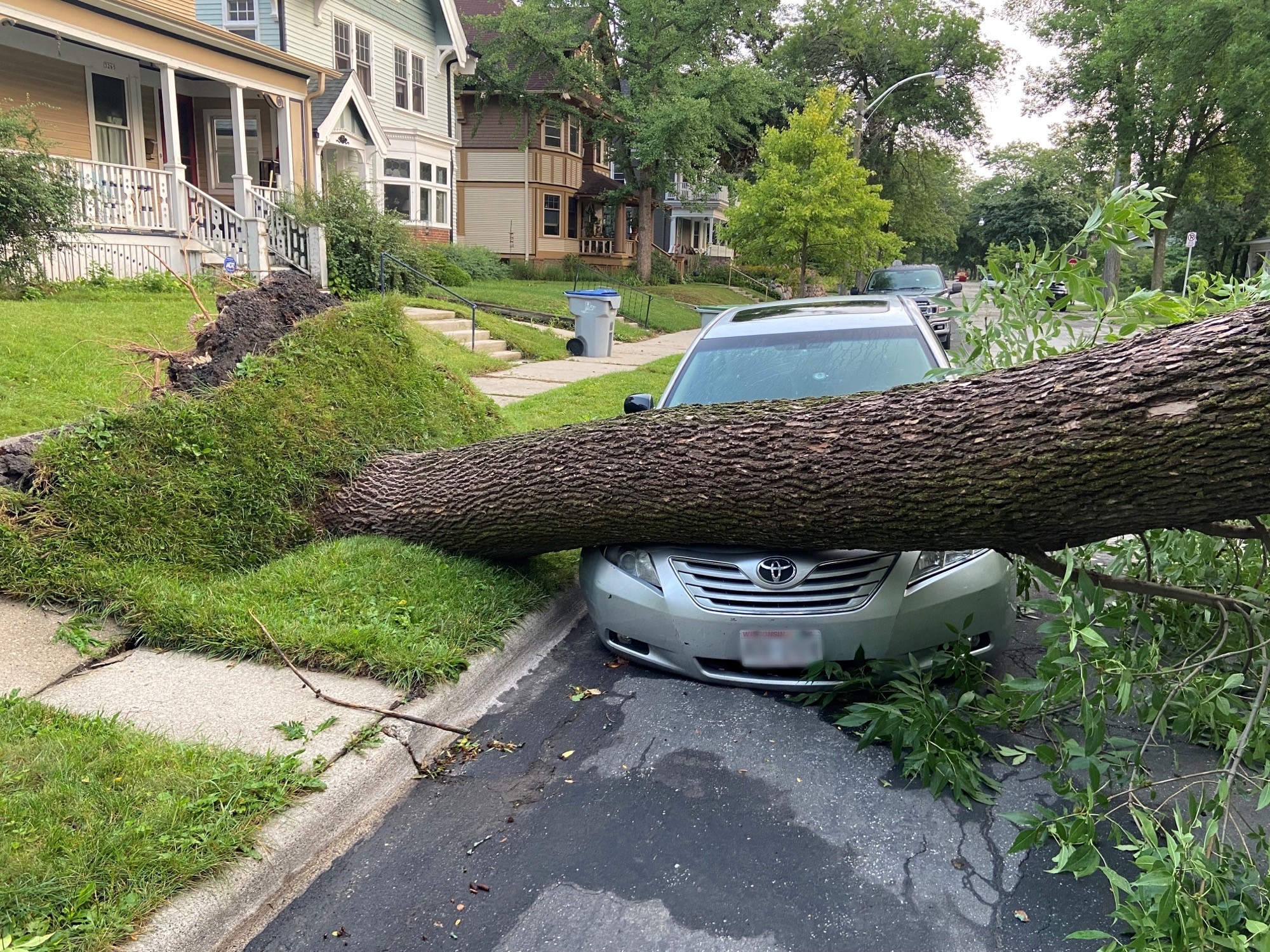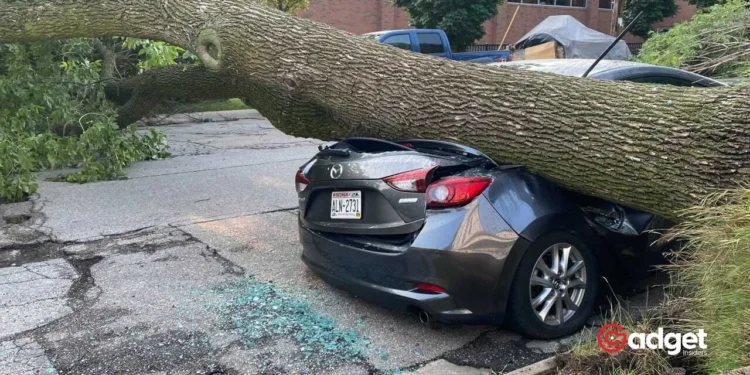The weekend painted a grim scene across Houston, Texas, as the city struggled to emerge from the clutches of a severe weather event that left more than 360,000 homes and businesses without electricity.
The wrath of the storm was felt hardest in Harris County, home to nearly 200,893 outages. Nearby counties like Chambers, Austin, and Fort Bend were not spared, grappling with their substantial electricity deficits.
Amidst these power challenges, local authorities scrambled to open cooling centers, a critical move given the climbing temperatures which are expected to peak in the mid-100s in southern Texas.

Texas: Tragedy Amidst the Tempest
The human cost of these storms has been heart-wrenchingly high. Harris County Sheriff Ed Gonzalez confirmed the deaths of seven Texans, attributing them directly to the storm’s fury. “Heartbreaking! My condolences go out to the families that lost a loved one during yesterday’s severe weather event,” shared Sheriff Gonzalez in a post on X.
Among the tragedies, stories of ordinary people caught in extraordinary circumstances emerged: A man electrocuted while moving a downed pole, an elderly woman trapped in a fire ignited by a lightning strike, and others who tragically succumbed while trying to navigate or mitigate the storm’s impact.

Forecast: When Heat Meets Hazard
While Texas battles the aftermath, the broader Southern U.S. braces for more severe weather conditions. The National Weather Service warns of potential flash floods along the Gulf Coast, exacerbated by already saturated soils.
Meanwhile, the mercury is set to soar across the South, with heat indices in South Florida approaching a stifling 110 degrees due to high humidity levels. Such extreme weather not only complicates recovery efforts in storm-hit areas like Texas but also poses a significant health threat to vulnerable populations.

Looking Ahead: Preparing for More Than Just Power Outages
As Texas confronts this immediate crisis, the broader picture points to an escalating pattern of severe weather events driven by climate factors. The excessive and heavy rainfall warning issued for parts of Alabama, Louisiana, Mississippi, and Texas signals a need for a more robust infrastructure that can withstand such multifaceted weather challenges.
For residents and authorities, it’s a wake-up call to bolster emergency preparedness and rethink strategies to combat and mitigate the impacts of such unpredictable weather phenomena.
In the face of these daunting challenges, the resilience of the Texan community will be tested yet again. As they rebuild and recover, the lessons learned from this harrowing weekend will hopefully forge stronger defense mechanisms against nature’s increasingly frequent fury.










